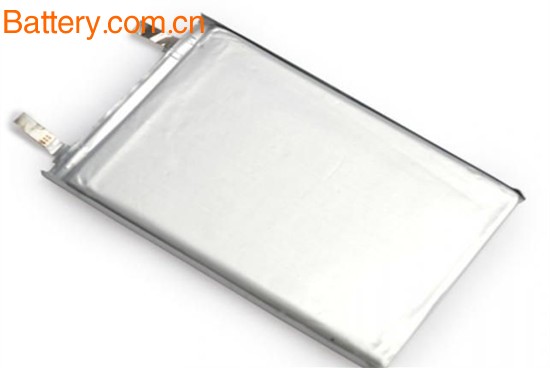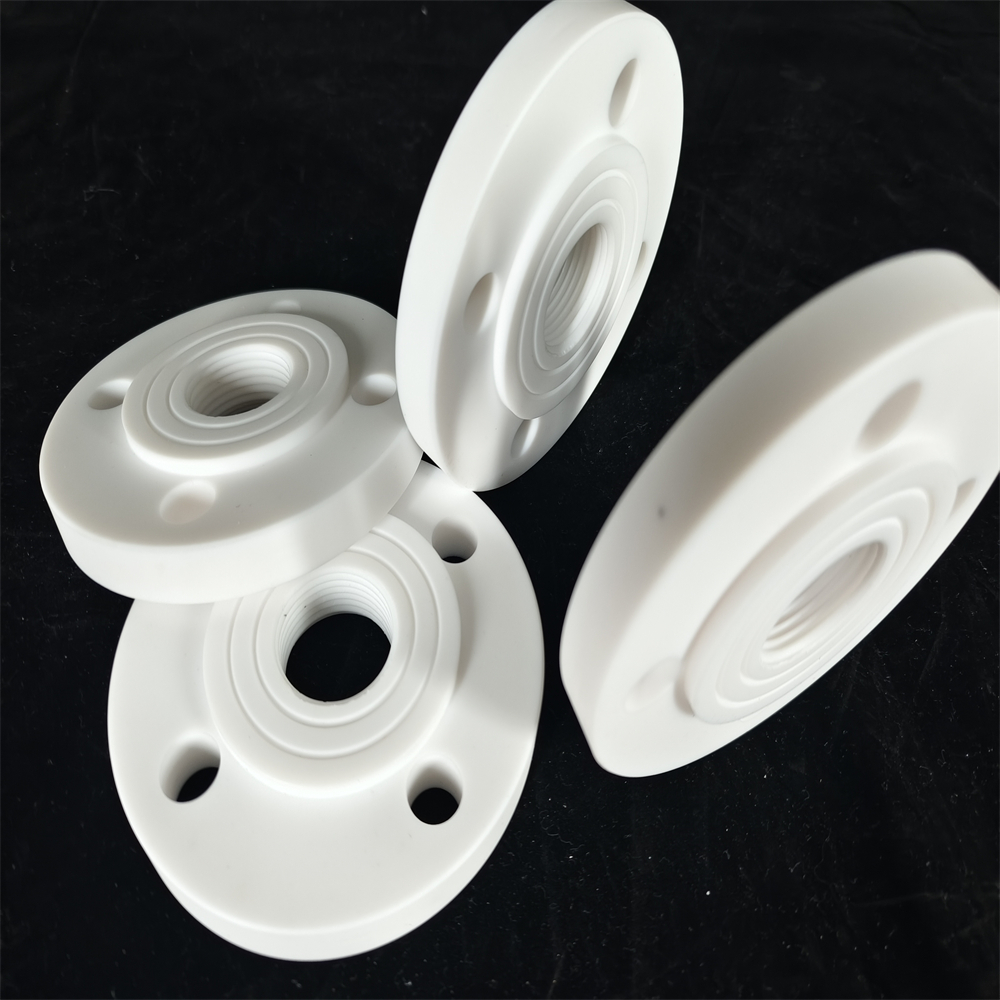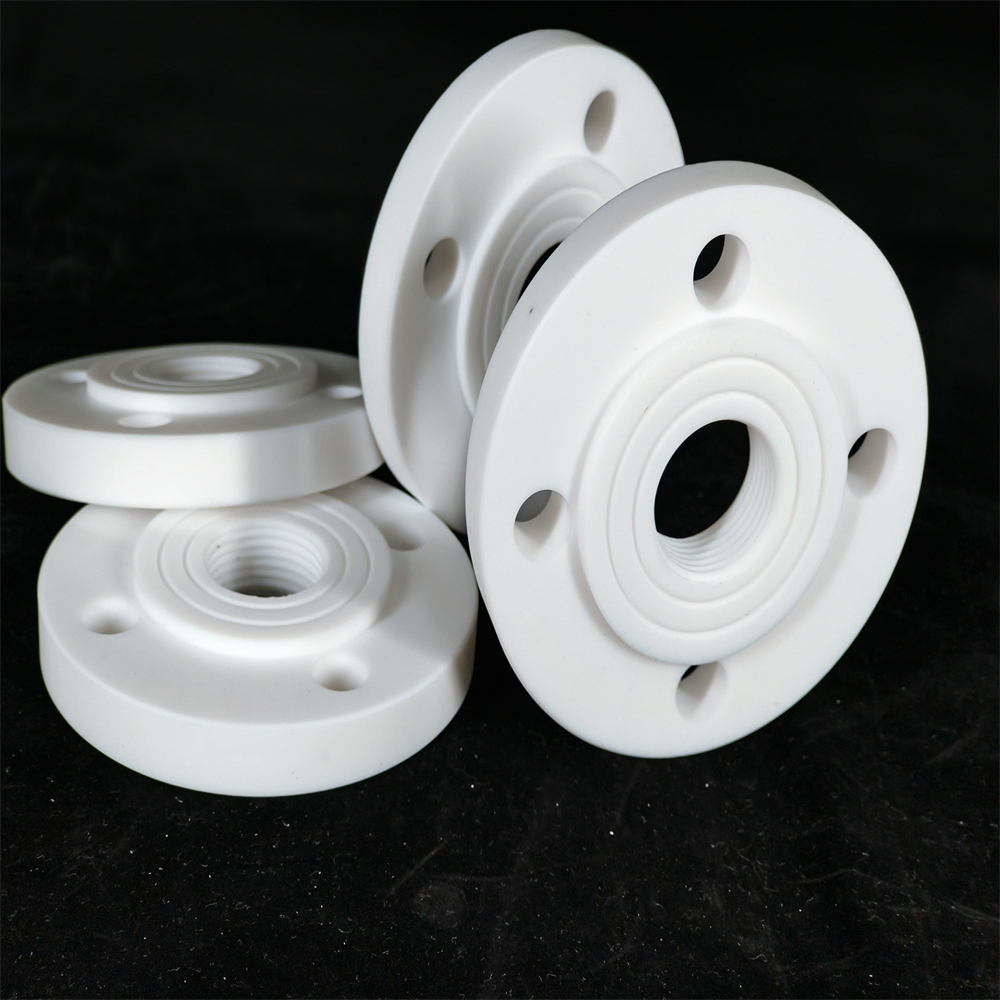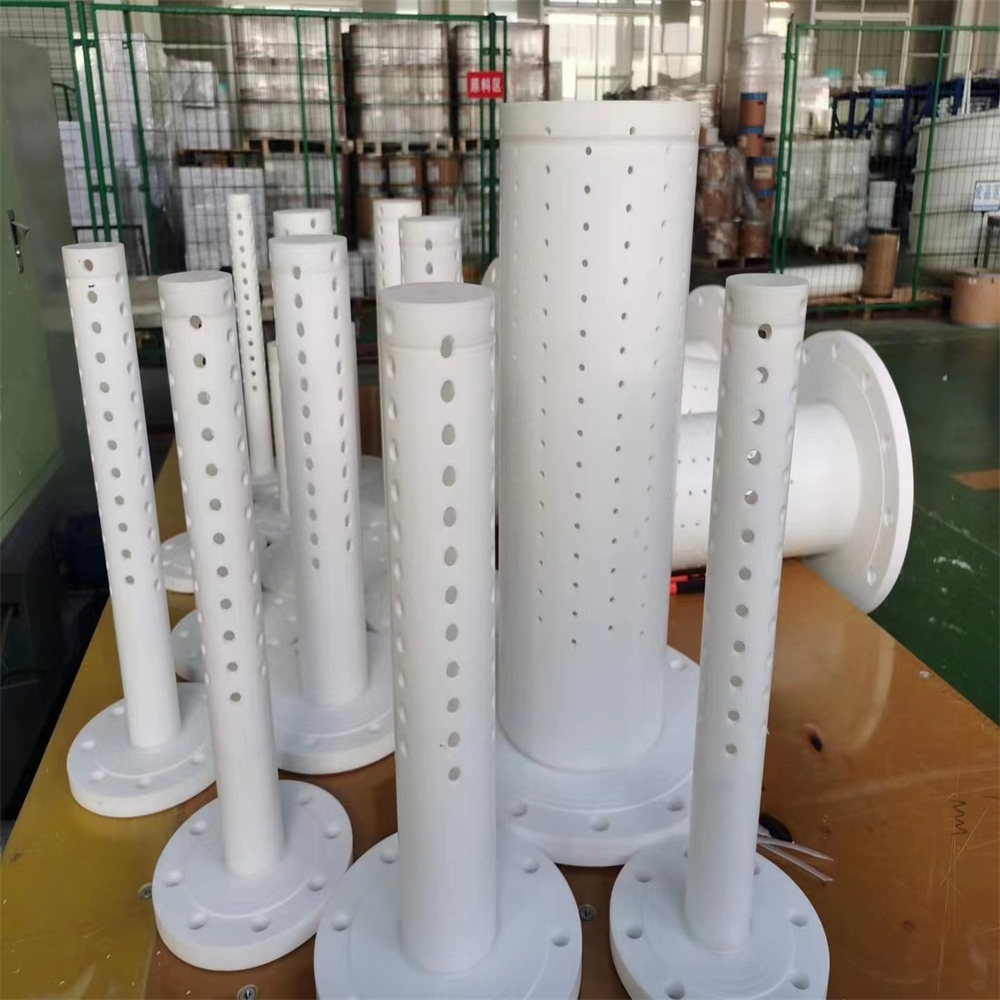As Chinese regulators take action to combat pollution and energy waste, Mercedes-Benz plans to build a battery plant and produce EQ electric cars in the world's largest auto market. “Implementing localization of Chinese production is our strategy, as is electric vehicles,†Hubertus Troska, head of China operations at Daimler, the parent company of Mercedes-Benz, said at a press conference on Monday night. “The strategic goal of the Chinese government is to encourage the development of electric vehicles to improve air quality while reducing dependence on oil imports.â€

The pressure on automakers to expand the share of electric vehicles has become even more urgent this year. The Chinese government has said that it is considering implementing a point system, requiring that the proportion of "new energy vehicles" (including electric vehicles) reach 8% by 2018. After two years, it will increase in turn. As the government subsidizes electric vehicles and taxes high fuel-efficient cars, sales of electric vehicles in China continue to rise.
Given that sales in China are increasing in their profits, automakers from Volkswagen to GM are increasing their production in China. Most Mercedes-Benz cars sold in China have already achieved local production, including extended version E and C cars that are popular with Chinese buyers. The company also produces plug-in hybrid C-Class vehicles from batteries supplied by local manufacturers.
In September this year, Mercedes-Benz announced it would invest 10 billion euros ($ 10.8 billion) to develop electric cars, plans to launch at least 10 models of pure electric vehicle type, in which the new EQ sub-brand of a crossover SUV will be launched before the end of 2020. Daimler has allocated a total of 1 billion euros to expand battery production, and has invested 500 million euros so far to double the capacity of Kamenz, Germany.
Mercedes-Benz will replace BMW as the world's best-selling luxury brand this year, and keeping up with China's rapidly changing regulatory requirements is critical to maintaining Mercedes growth. From January to November this year, Mercedes-Benz's sales in its fastest growing major market, China, increased 28% to 429,325 units. Troska said that although the pace of expansion may slow down next year, the new E-class commercial vehicles are expected to sell strongly, and the company's prospects are "extremely optimistic."
Troska said that selling electric vehicles in China would encounter the same problems as other regions, including building an effective charging network for residents and extending the battery's cruising range.
"After about five years, we will see if it works," Troska said.
PTFE Flange is a type of flange made from polytetrafluoroethylene (PTFE), which is a synthetic fluoropolymer of tetrafluoroethylene.

PTFE is known for its excellent chemical resistance, high temperature resistance, and low friction coefficient, making it an ideal material for use in various industrial applications.

PTFE Flanges are commonly used in piping systems to connect pipes, valves, and other equipment. They are designed to provide a leak-free seal and prevent the escape of fluids or gases. PTFE Flanges come in different types and sizes, such as slip-on flanges, socket weld flanges, blind flanges, and threaded flanges.
One of the main advantages of PTFE Flanges is their chemical resistance. They are resistant to a wide range of chemicals, including acids, bases, and solvents. This makes them ideal for use in chemical processing plants, where corrosive chemicals are present. PTFE Flanges also have excellent temperature resistance, and can withstand temperatures ranging from -200°C to +260°C.

Ptfe Flange,Expanded Ptfe Flange,Ptfe Lined Flange,Ptfe Pipe Flanges
Rayhot Technology Group Co,.Ltd , https://www.rayhotgroup.com
![<?echo $_SERVER['SERVER_NAME'];?>](/template/twentyseventeen/skin/images/header.jpg)